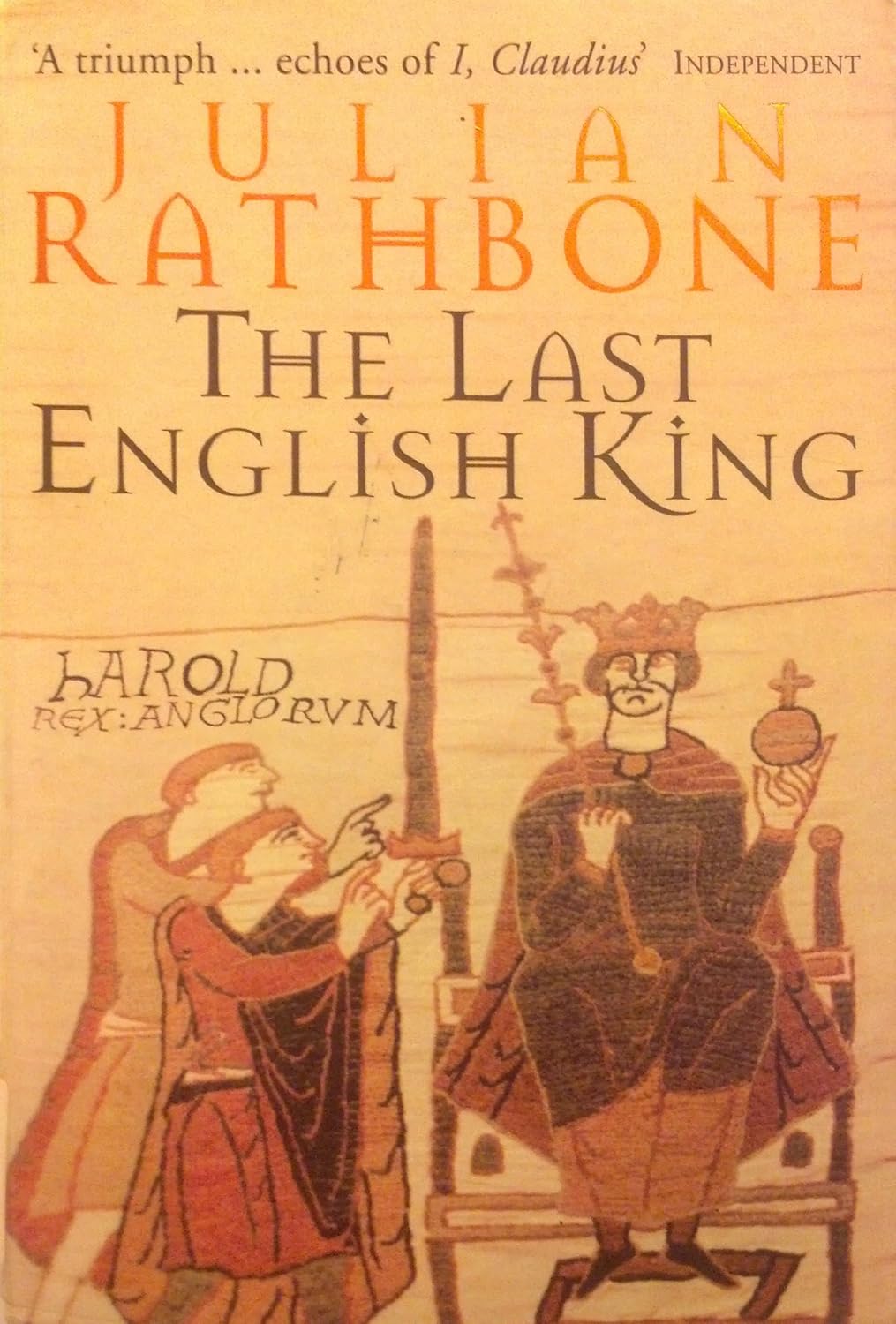About this deal
Waller, Maureen (2002). Ungrateful Daughters: The Stuart Princesses who Stole Their Father's Crown. Macmillan. ISBN 0-312-30711-X. Henry VI was also now King of France united with Normandy, and Gascony, by the Treaty of Troyes, passed directly to the French king Charles VI; when Henry VI of England succeeded to the French crown in 1422 it was included as part of the jurisdiction. The Duke of Bedford was content and he made no appeal to return to England, returning only in 1425 to England in an urgent meeting with Bishop Henry Beaufort. Philip of Burgundy could hardly resist English wishes, for he needed their support after the murder of his father, John the Fearless by the henchmen of the dauphin (now de facto Charles VII of France). Henry V's arrangements had one fatal flaw: not until the last few days of his life had he thought he would predecease Charles VI. Moreover, the treaty had restricted Henry's freedom on his deathbed. The arrangements he had made were to cover the short term (up to Charles VI's death) and the long term (when Henry VI would become king of both France and England). This is a major reason for Burgundy's alliance with England and the steadfastness of English commanders to the battlefield. Buachalla, Breandán (1996), Aisling ghéar: na Stíobhartaigh agus an taos léinn, 1603–1788 (in Irish), An Clóchomhar, ISBN 0-903-75899-7
Principal members of the House of Stuart following the 1603 Union of the Crowns Issue [ edit ] Legitimate issue [ edit ] Name Kingsford, Charles Lethbridge, Henry V: the Typical Mediaeval Hero, C. P. Putnam's Sons, London, New York, 1901. Macaulay, Thomas Babington (1889). The History of England from the Accession of James the Second (Popular in two volumesed.). Longmans.France in 1428. Paris was centred in the Anglo-Burgundian-controlled region. Reims lies to the northeast of this area. Chester, J. L. (1876). The Marriage, Baptismal, and Burial Registers of the Collegiate Church or Abbey of St. Peter, Westminster. Vol.10. Harleian Society. p.201.
The Jacobite pretenders were the deposed James II of England and his successors, continuing to style themselves "Kings of England, Scotland, France and Ireland" past their deposition in 1689. All four pretenders continued to actively claim the title King of France as well as that of King of England, Scotland and Ireland from 1689 until 1807:Johnson, Richard R. (1978). "Politics Redefined: An Assessment of Recent Writings on the Late Stuart Period of English History, 1660 to 1714." William and Mary Quarterly 35 (4): 691–732. doi: 10.2307/1923211 Edward continued to use this title until the Treaty of Brétigny on 8 May 1360, when he abandoned his claims in return for substantial lands in France. After the resumption of hostilities between the English and the French in 1369, Edward resumed his claim and the title of King of France. His successors also used the title until the Treaty of Troyes on 21 May 1420, in which the English recognised Charles VI as King of France, but with his new son-in-law King Henry V of England as his heir (disinheriting Charles VI's son, the Dauphin Charles). Henry V then adopted the title Heir of France instead. In 2009, Steven Pincus confronted that scholarly ambivalence in 1688: The First Modern Revolution. Pincus claims that James's reign must be understood within a context of economic change and European politics, and makes two major assertions about James II. The first of these is that James purposefully "followed the French Sun King, Louis XIV, in trying to create a modern Catholic polity. This involved not only trying to Catholicize England... but also creating a modern, centralizing, and extremely bureaucratic state apparatus." [172] The second is that James was undone in 1688 far less by Protestant reaction against Catholicization than by nationwide hostile reaction against his intrusive bureaucratic state and taxation apparatus, expressed in massive popular support for William of Orange's armed invasion of England. Pincus presents James as neither naïve nor stupid nor egotistical. Instead, readers are shown an intelligent, clear-thinking strategically motivated monarch whose vision for a French authoritarian political model and alliance clashed with, and lost out to, alternative views that favoured an entrepreneurial Dutch economic model, feared French power, and were outraged by James's authoritarianism. Hilaire Belloc, a writer and Catholic apologist, broke with this tradition in 1928, casting James as an honourable man and a true advocate for freedom of conscience, and his enemies "men in the small clique of great fortunes... which destroyed the ancient monarchy of the English". [165] However, he observed that James "concluded the Catholic church to be the sole authoritative voice on earth, and thenceforward... he not only stood firm against surrender but on no single occasion contemplated the least compromise or by a word would modify the impression made." Jones, J. R. (1988). The Revolution of 1688 in England. Orion Publishing Group, Limited. ISBN 0-2979-9467-0.
 Great Deal
Great Deal 